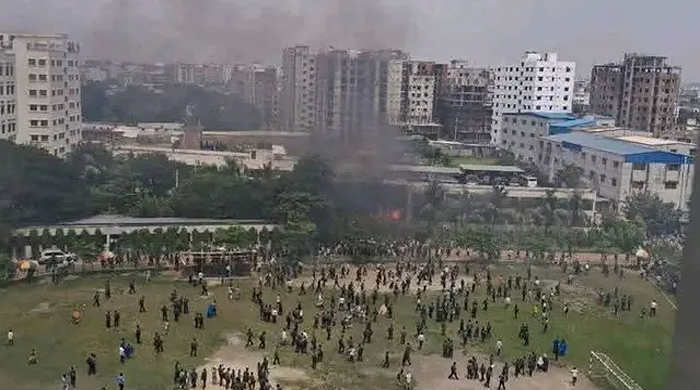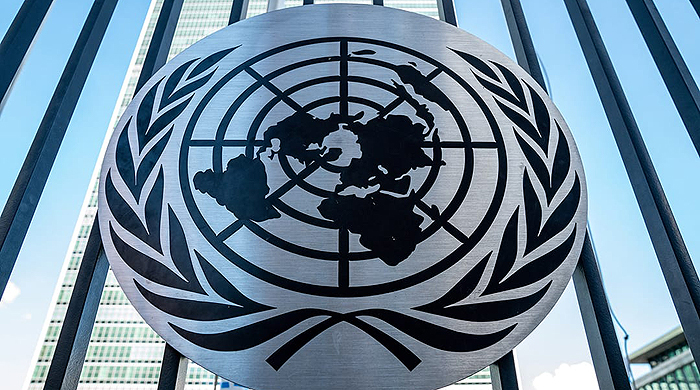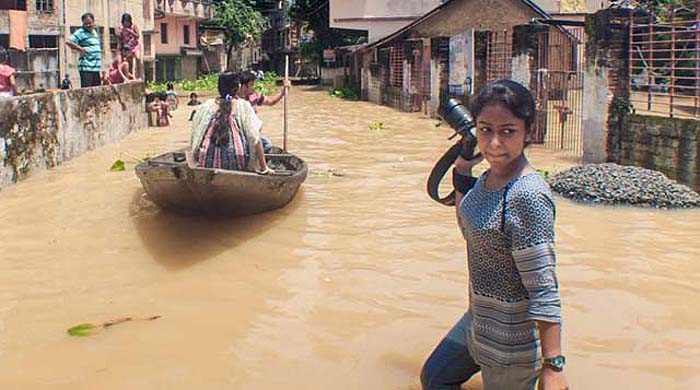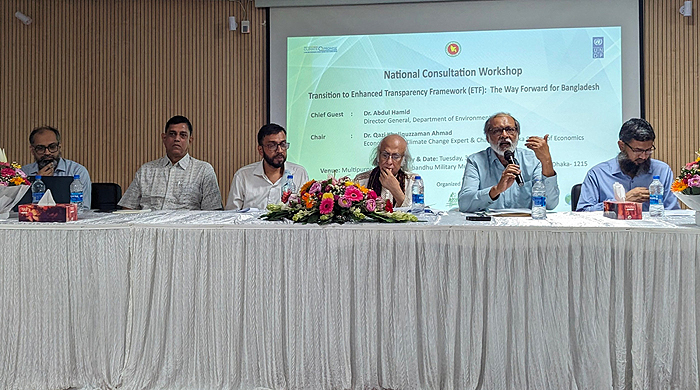May 2, 2024- With a scorching heatwave gripping Southeast Asia, one Thai village has taken a whimsical approach to coaxing rain: they paraded a Japanese cartoon cat.
Across Thailand and neighboring regions, temperatures have soared in recent weeks, exacerbating the effects of climate change with longer and more intense heat waves.
In Nakhon Sawan province's Phayuha Khiri District, where rain has been absent for months, villagers decided to try an unconventional solution by hoisting up a familiar figure from Japanese manga - Doraemon.
Dressed in sparkly attire, villagers carried a decked-out cage containing the beloved cartoon character through the streets, while bystanders sprinkled it with water. This playful gesture was a modern twist on the traditional "Hae Nang Meaw" ritual, which involves parading a female cat during the dry season.
The belief in the cat's connection to rainfall stems partly from their aversion to water, with the theory being that their protests when soaked might summon rain. However, instead of real felines, most villagers now opt for Doraemon or Hello Kitty dolls.
As Doraemon made his procession through Thailand's heartland, in the southern province of Nakhon Si Thammarat, the blistering heat caused railway tracks to buckle, disrupting transportation.
Railway workers scrambled to cool down the warped tracks with water after temperatures soared to 41 degrees Celsius (105 Fahrenheit) on April 30. The State Railway of Thailand attributed the track warping to the "extreme heat," and after an hour-long effort, the tracks were deemed safe for use again.
Deputy state railway governor Jaray Rungthani emphasized the importance of monitoring the situation closely as temperatures continued to rise. Railway station managers were instructed to assist passengers and prepare for the ongoing heatwave based on weather forecasts.
The heatwave gripping much of Asia, from Bangladesh to the Philippines, has strained energy resources and led to widespread school closures, affecting millions of children. While the El Nino phenomenon contributes to this year's exceptional warmth, Asia's temperatures are rising at a faster rate than the global average, according to the UN's World Meteorological Organization.












